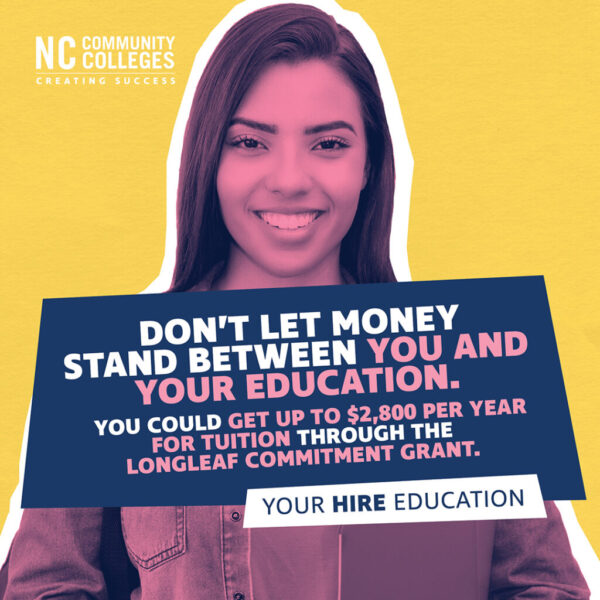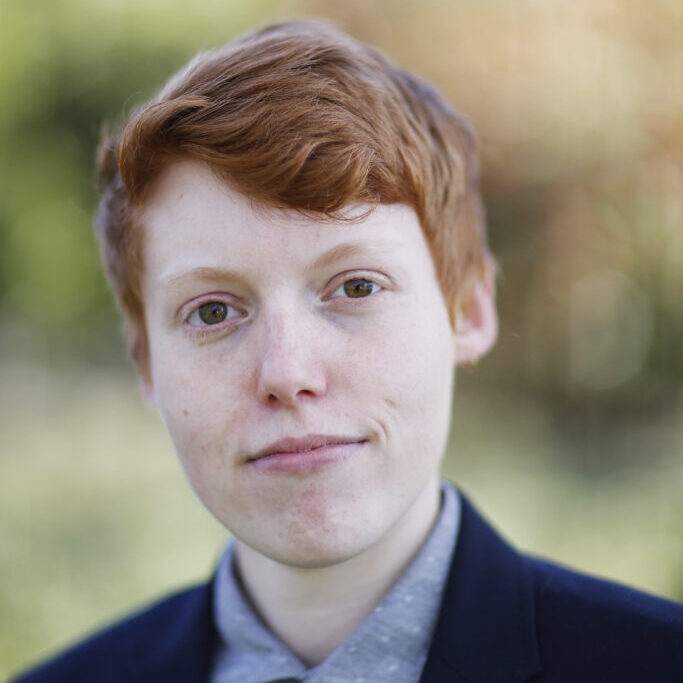Whether young people are promoted to the next grade or graduating from school, June is often a month of celebration for many!
Speaking of celebrations: Happy Pride!
We have a saying here at YMC: Bad mentoring is worse than no mentoring.
We know that our work requires us to help youth development practitioners unlearn harmful ideas that can have negative - even if unintended - consequences on youth. Youth Mentoring Collaborative is proud to support LGBTQIA+ youth by providing high-quality consulting that utilizes best practices for working with young people of marginalized identities and backgrounds.
We invite you to explore resources here (and beyond) about supporting the young people in your life and community.
College Preparedness from the POV of a Youth Board Member
Enjoy our youth Board Member Justice Skinner's op-ed on preparing for college.
What is often called exceptional ability is nothing more than persistent endeavor.
Pauli Murray
First Generation Students
The Center for First-Generation Student Success says "being a first-gen student means that your parents did not complete a 4-year college or university degree."
Check out some tips and tricks for graduating high school students and current college students from the Center for First-Generation Student Success.
Graduating High School & Need Money for a Program?

Apply to a North Carolina Community College, tuition-free!
The Longleaf Commitment grant will allow 2022 high school graduates to attend one of the state’s community colleges, possibly tuition-free!
- Eligible students are guaranteed to receive $700 to $2,800 per year for tuition and fees for a total of two years—this is money that never has to be paid back.
- To get started, applicants will need to apply for admission at the community college they intend to attend and complete residency determination through the North Carolina Residency Determination Service (RDS), as well as complete the Free Application for Federal Student Aid (FAFSA).
For more information, visit yourhireeducation.com/tuitionfree, or click the button below.
How Mentors Can Support Youth Transitioning out of High School
Mentors are in unique positions as both trusted adults and fairly objective participants in a youth's life. Take this time to learn about what your mentee wants to do after high school.
Help your mentee get ready for college
For students, the transition from high school to college is often a stressful and emotionally intense time. Make a smooth transition your priority in the mentoring relationship at this time.
- Check out the U.S. Department of Education's guide to Helping Your Student Plan College and Career for specific tools and strategies.
- Mapping Your Future has a Guide to Life that helps students map out the testing, financial goals, and steps needed to successfully transition from high school to Post-Secondary education.
Helping your mentee get ready for the workforce
For some high school and college seniors, entering the workforce is the next step in their life journey. Mentors can take this time to guide their students into getting ready to network, interview, and join the workforce. Check out the University of North Texas' Guide to Getting Ready to Enter the Workforce.
Helping your mentee decide!
Not everyone knows what they want to do when school is over! Whether your mentee is a high school or college senior, or someone no longer in school, mentors can be helpful guides! PAVE provides an extensive guide for possible next steps and paths after high school for all ranges of youth.
Mentoring a youth or student with a disability? Check out this guide for helpful strategies with transitioning to post-secondary education or the workforce.
Supporting LGBTQIA+ Youth

FROM THE BLOG
Three Ways Affirming Adults Can Change the Climate for LGBTQ+ Youth
Read the blog post from Brennan Lewis at Equality North Carolina about how to make actionable steps to impact LGBTQ+ youth in our state and beyond.
Mentors of LGBTQIA+ youth can be a strong link in their mentees' network as they navigate ever-evolving parts of their identities and sexualities. For some young people, it can be isolating and downright even dangerous to express their whole selves in today's climate. Caring adults are an important protective factor for these youth. YMC urges mentors and youth practitioners to examine their policies, programming, and even language to create a safe space for all young people to thrive in.
Explore some of the resources below to get you started.
Get Activated
- Explore The Trevor Project Resource Library which includes articles, guides, handbooks, and more!
- Equality North Carolina is the oldest statewide organization in the country dedicated to securing rights and protections for the LGBTQ community. Read more about their work and how they support youth.
- Take "The intersection of disability, gender, and sexuality" course by Partners for Youth with Disabilities.
Mentor Resources
- The Chronicle of Evidence-Based Mentoring's list of resources for mentoring LGBTQ+ youth, intended for mentors.
- Learn and use resources from MENTOR (The National Partnership for Mentoring) network.
For Families
- The Human Rights Campaign's resources for equitable and inclusive care for LGBTQ+ individuals and their families.